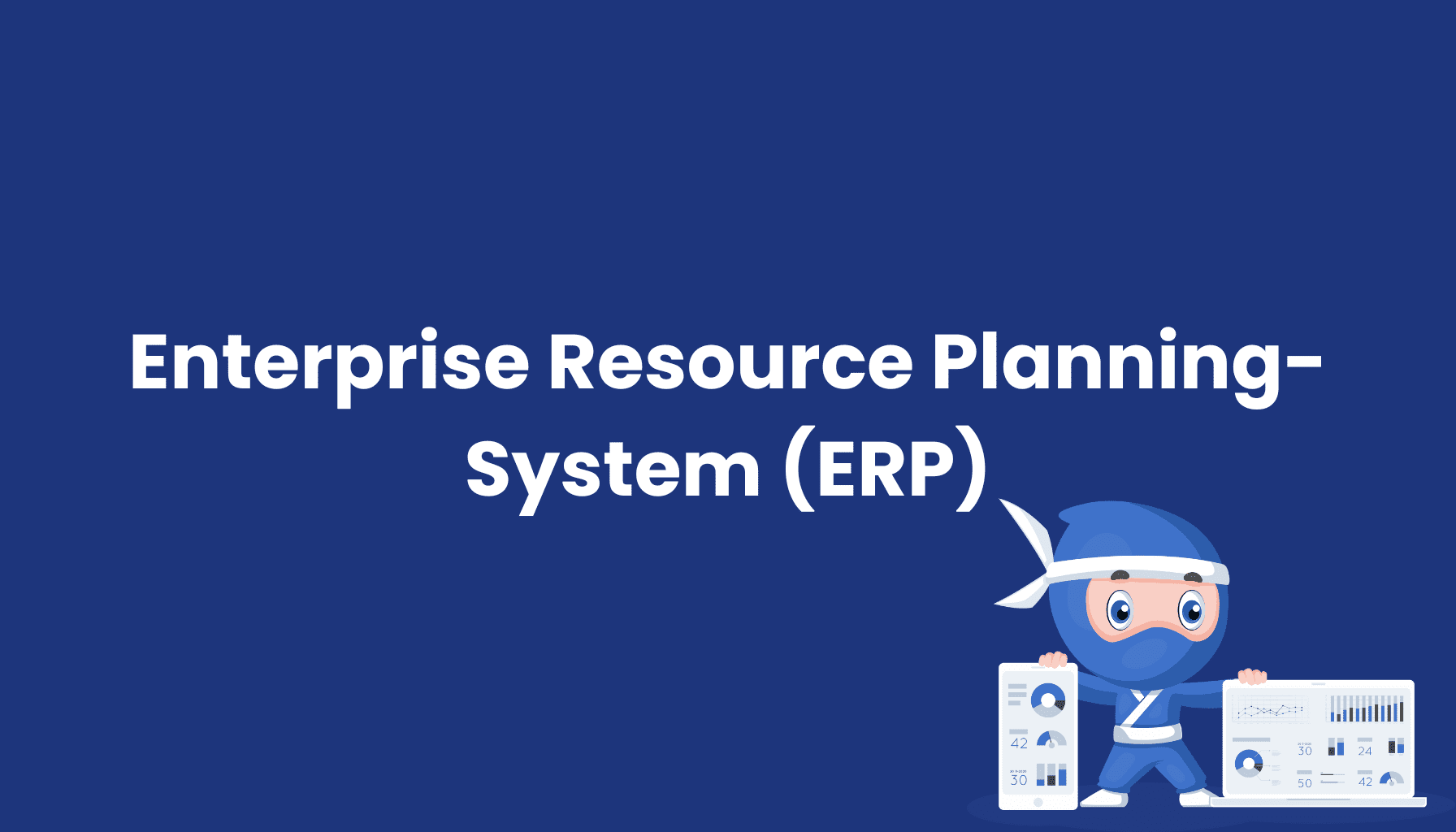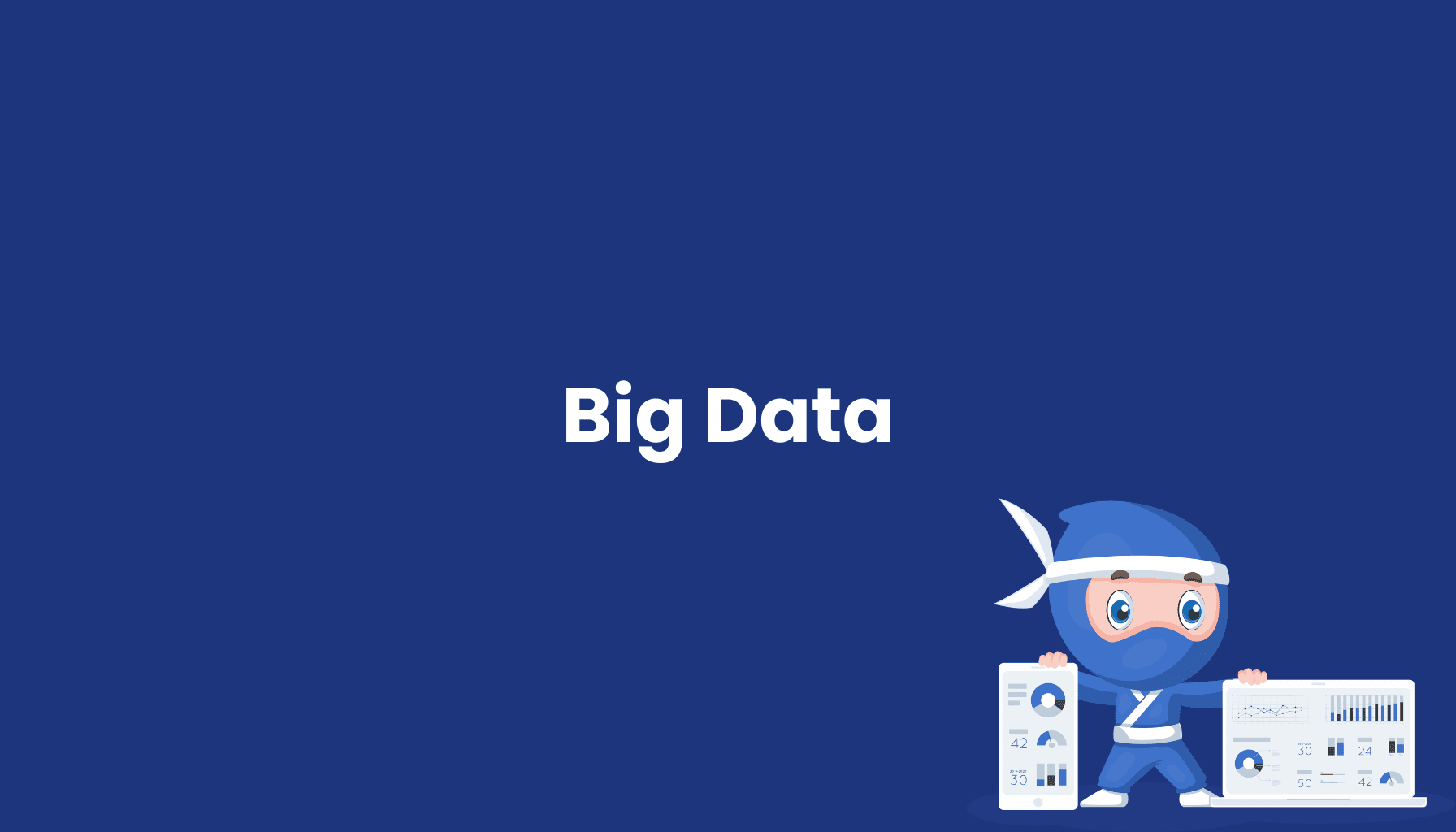Enterprise Resource Planning-System (ERP)

What is an ERP System?
An ERP (Enterprise Resource Planning) system is a software solution designed to integrate and manage the core processes of a business. It consolidates various functions such as finance, human resources, production, supply chain management, and customer relationship management into a single, cohesive system. This integration enables seamless data flow and access to real-time information across the organization, enhancing decision-making and operational efficiency.
ERP systems not only assist companies in managing their resources but also play a crucial role in improving Overall Equipment Effectiveness (OEE). By integrating real-time data and analytics, ERP systems help optimize the availability, performance, and quality of production equipment, leading to an increase in OEE.
Key Features of ERP Systems
-
Centralized Database: ERP systems provide a centralized database that stores all business-critical information. This centralization ensures data consistency, accuracy, and ease of access, which is essential for comprehensive reporting and analysis.
-
Automation of Business Processes: By automating repetitive and routine tasks, ERP systems reduce manual workload, minimize errors, and increase efficiency. This includes areas such as order processing, payroll, and inventory management, streamlining operations.
-
Real-Time Data and Reporting: ERP systems offer real-time data access and analytics, providing insights into various business metrics and performance indicators. This capability helps businesses respond quickly to market changes or internal processes.
-
Scalability and Flexibility: Modern ERP systems are scalable and can grow with the business, adapting to changing needs. They offer modular components that can be customized and expanded as required, making them suitable for companies of all sizes.
-
Integration Capabilities: ERP systems can integrate with other enterprise systems such as CRM (Customer Relationship Management) and SCM (Supply Chain Management), creating a cohesive IT environment that enhances overall business functionality.
Benefits of ERP Systems
- Improved Efficiency: By streamlining and automating processes, ERP systems help reduce operational costs and improve productivity.
- Enhanced Collaboration: A unified system ensures that different departments can collaborate more effectively, sharing data and insights.
- Better Decision-Making: With real-time access to accurate data, managers and executives can make informed decisions quickly, improving strategic planning and response times.




-1.png)